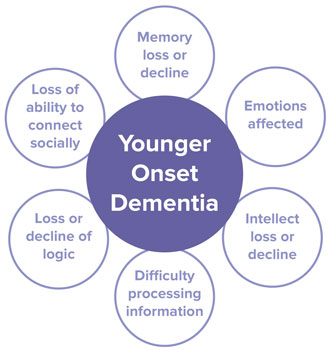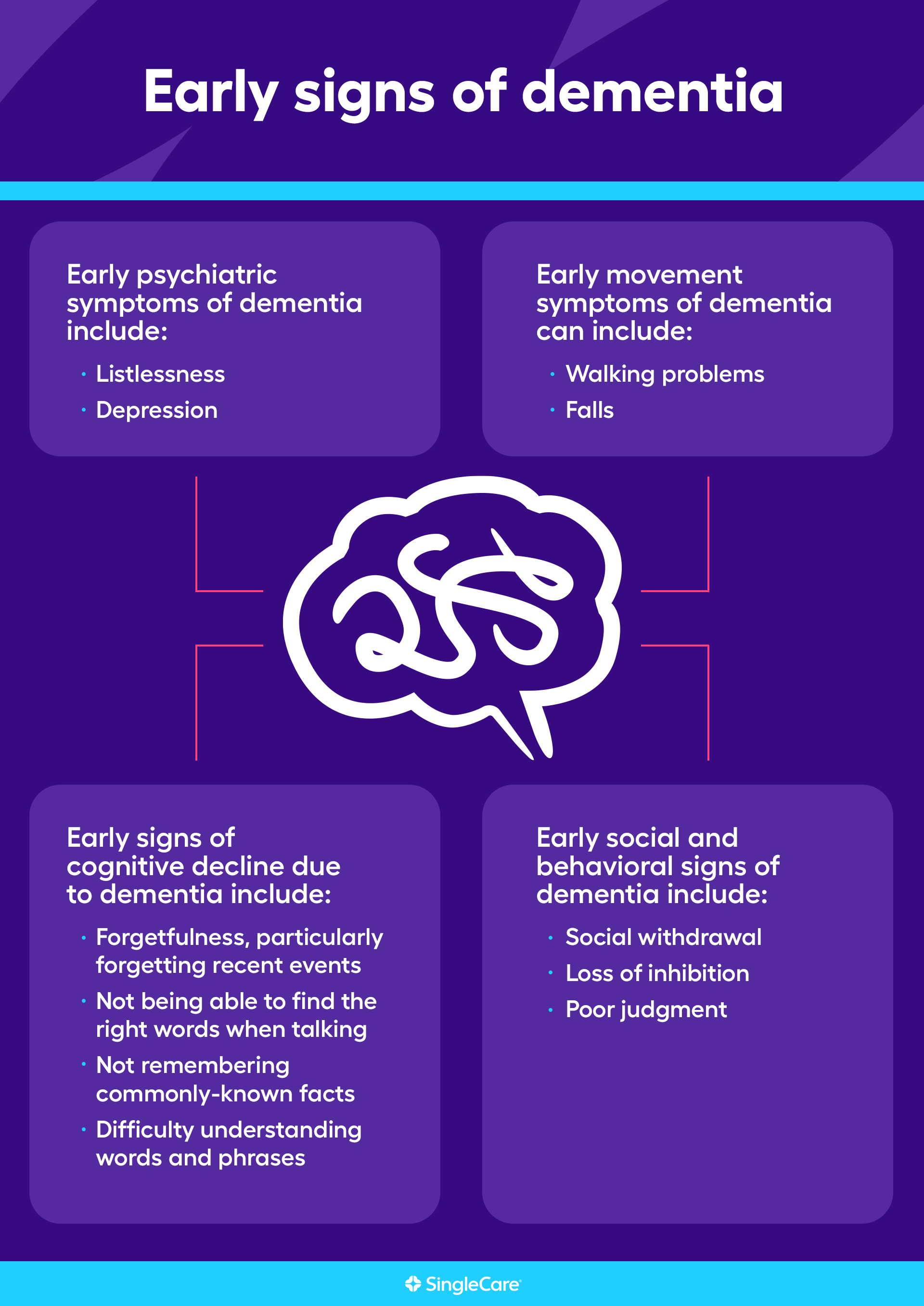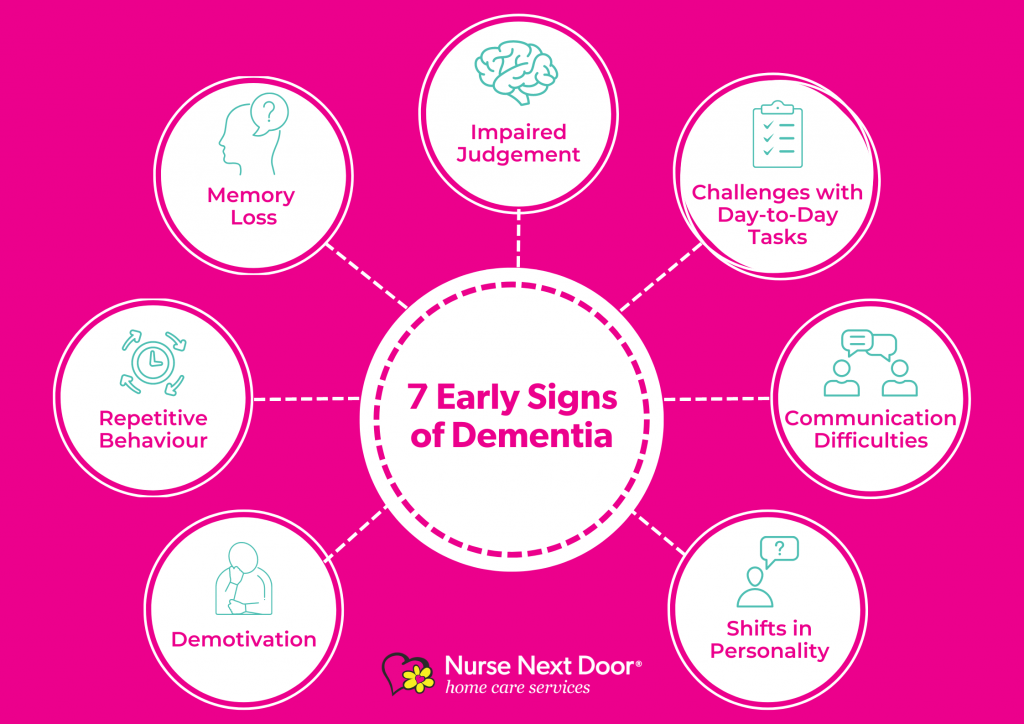Why Early Diagnosis of Vascular Dementia Is Critical
Why Early Diagnosis of Vascular Dementia Is Critical
Blog Article
The Importance of Very Early Detection and Diagnosis in Dementia Instances
When it comes to dementia, recognizing the indicators early can make a substantial distinction. Understanding the nuances of mental deterioration can help you recognize signs and symptoms earlier.
Understanding Dementia: Kinds and Signs

Common symptoms consist of memory loss, difficulty with communication, and modifications in mood or behavior. You could discover someone having problem with familiar tasks or becoming perplexed concerning time and location. If you see these indicators in yourself or a loved one, do not hesitate to look for aid. Early recognition of dementia signs and symptoms can considerably improve the general management of the condition, making it critical to stay notified. When necessary., comprehending these distinctions empowers you to act promptly and effectively.
The Effect of Early Diagnosis on Treatment Alternatives
Recognizing the signs of dementia early on can significantly affect the therapy alternatives offered. When you look for a medical diagnosis immediately, you open up the door to an array of therapies that can slow the illness's progression.
In addition, very early diagnosis allows you to discover non-pharmaceutical approaches, such as cognitive treatments and way of life modifications, that can improve cognitive function. This positive strategy not just equips you but likewise aids in managing possible existing together conditions.
Just How Early Detection Can Boost Lifestyle
Very early discovery of dementia not only opens treatment alternatives but additionally considerably improves your lifestyle. When you recognize symptoms early, you can begin to handle them efficiently, enabling you to preserve a sense of self-reliance and control over your day-to-day tasks. Early diagnosis means you can access treatments and way of life modifications tailored to your demands, aiding you manage difficulties in a much more organized means.
Furthermore, recognizing your problem encourages you to make informed choices about your future. You can prepare for the modifications in advance, making certain that your personal objectives and choices are prioritized. This aggressive method fosters a feeling of security, reducing anxiousness for both you and your loved ones.
Additionally, engaging in very early interventions might boost your cognitive function and psychological wellness, enabling you to enjoy purposeful links and experiences. In brief, very early detection isn't just regarding taking care of signs; it has to do with enhancing your life.
The Role of Household and Caregivers in Early Recognition

By sharing your issues, you assist launch early analyses, which can cause timely diagnosis and treatment. Additionally, your assistance can motivate enjoyed ones to seek assistance, lowering preconception and concern related to dementia.
Additionally, maintaining open lines of interaction within the family members fosters a supportive setting. Early Onset Dementia. Your aggressive participation not only aids in recognizing the concern however also assists in preparing for future care, guaranteeing that your loved one receives the best possible support as their needs develop
Common False Impressions Regarding Dementia
Household caregivers and participants often face challenges not just in determining signs of dementia yet also in going across the misconceptions bordering the problem. One common misunderstanding is that mental deterioration only impacts the senior. While age is a significant risk aspect, more youthful people can additionally create dementia. An additional myth is that mental deterioration is a normal component of aging. It is necessary to identify that while memory loss can happen with age, it's not an inescapable outcome. Some people hop over to here think mental deterioration only impacts memory, but it can additionally affect thinking, behavior, and mood. Additionally, lots of think that as soon as identified, nothing can be done. In truth, very early intervention can bring about much better monitoring of signs and symptoms. Some believe that all types of mental deterioration are the same. Each kind, such as Alzheimer's or vascular mental deterioration, has distinct attributes and needs various methods to care. Recognizing these mistaken beliefs is important for effective support.
Devices and Analyses for Very Early Discovery
When it comes to very early detection of mental deterioration, recognizing cognitive assessments and screening tools is essential. These tools can aid you identify prospective problems before they escalate. By acquainting on your own with these evaluations, you can play an active role in keeping an eye on cognitive wellness.
Cognitive Assessments Overview
Cognitive analyses play an essential duty in the early detection of dementia, as they aid identify refined changes in memory, assuming, and thinking abilities. These evaluations often include a series of standard tests that examine numerous cognitive features. By involving in these examinations, you can obtain important understandings right into your cognitive health and wellness. Typical analyses might include tasks associated with interest, language, analytic, and recall. They're usually administered by health care experts educated to translate the outcomes precisely. Early recognition through these tools can bring about timely interventions, boosting end results and lifestyle. Seeking out these assessments can be an aggressive step towards understanding and managing your brain health properly. if you notice any type of cognitive adjustments.
Evaluating Devices Use
Using efficient screening tools is crucial for the early detection of dementia, as they use a structured strategy to assessing cognitive health and wellness. Usual evaluations, like the Mini-Mental State Evaluation (MMSE) or the Montreal Cognitive Analysis (MoCA), help pinpoint memory deficiencies and other cognitive impairments. Bear in mind, early detection can considerably influence therapy options and top quality of life, so do Homepage not ignore the power of proactive testing.
Steps to Take After a Medical Diagnosis: Planning for the Future
After getting a dementia diagnosis, it's important to begin preparing for the future. You'll want to establish treatment plans that fit your requirements while additionally dealing with lawful and monetary prep work. Taking these actions early can aid ensure you and your liked ones really feel extra safe and secure moving on.
Establishing Treatment Plans

Monetary and lawful Prep work
As you navigate your care strategy, it's important to contemplate the monetary and lawful aspects of living with dementia. It's likewise sensible to seek advice from with an economic planner familiar with dementia-related problems. They can assist you handle your possessions and plan for future costs.
Often Asked Questions
What Are the Danger Variables for Establishing Dementia?
You may deal with greater risks for establishing dementia if you have a family members history, cardio problems, diabetes mellitus, smoking cigarettes practices, or reduced education and learning levels. Staying active psychologically and physically can help in reducing these dangers substantially.
Can Lifestyle Modifications Delay or prevent Dementia?
Yes, making lifestyle changes can aid delay or avoid mental deterioration. By staying active, consuming a well balanced diet regimen, taking part in social tasks, and testing your mind, you're increasing your cognitive wellness and lowering risk elements.
Exactly How Does Mental Deterioration Differ From Normal Aging?
Dementia entails cognitive decrease that interferes with day-to-day live, while typical aging commonly does not (Fall Risk). You could notice memory lapses as you age, but dementia signs, like complication and problem with interaction, are a lot more disruptive and severe
Are There Any Type Of Support System for Dementia Caregivers?
Yes, there are support groups for dementia caregivers. You can find local or on-line teams via organizations like the Alzheimer's Organization. Linking with others in comparable circumstances can supply valuable psychological support and functional suggestions.
What Legal Papers Should I Prepare After a Mental Deterioration Diagnosis?
After a dementia diagnosis, you must prepare crucial lawful papers like a power of attorney, medical care proxy, and living will. These assist assure your dreams are respected and offer guidance for future medical and economic choices.
The Significance of Very Early Detection and Diagnosis in Dementia Instances
Alzheimer's disease is the most typical type, but you'll likewise come across vascular dementia, Lewy body dementia, and frontotemporal dementia.When it comes to very early detection of dementia, recognizing cognitive analyses and testing devices is important.Cognitive assessments play a vital function in the early detection of mental deterioration, as they assist identify subtle adjustments in memory, assuming, and thinking abilities.Using effective screening devices is necessary for the early detection of mental deterioration, as they offer a structured method to evaluating cognitive health and wellness.
Report this page